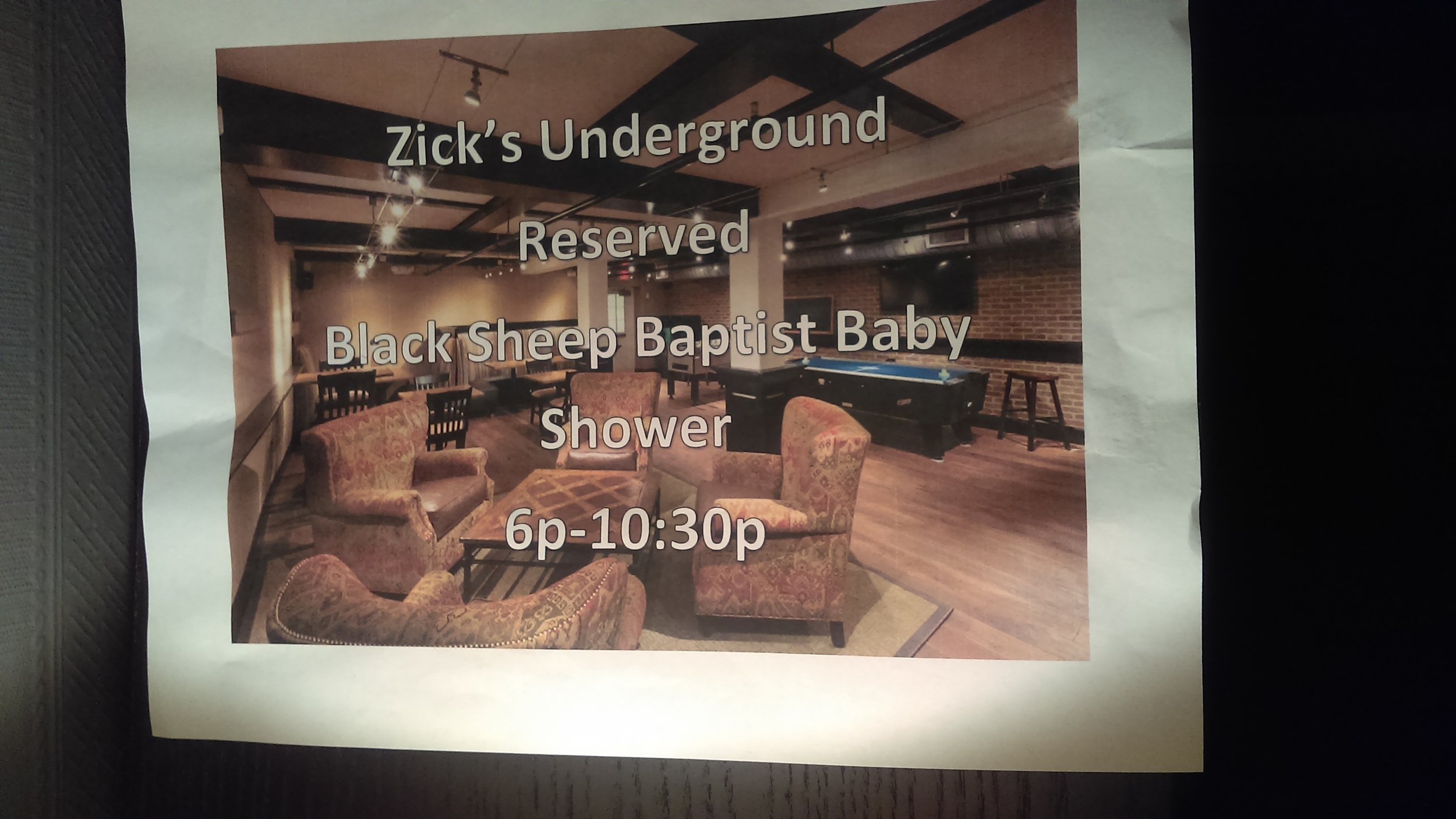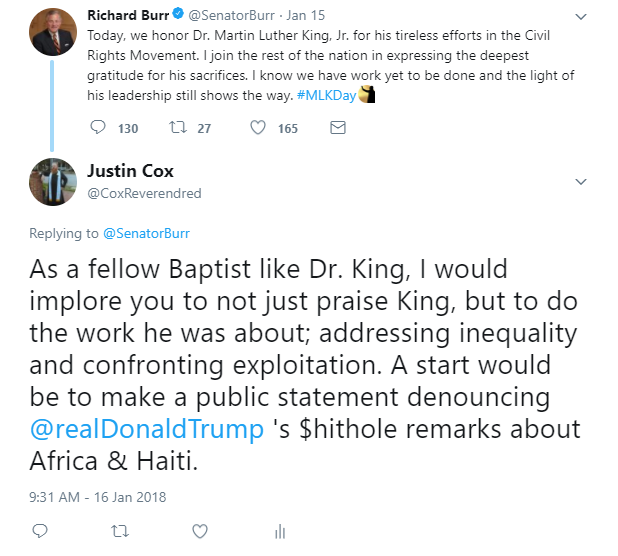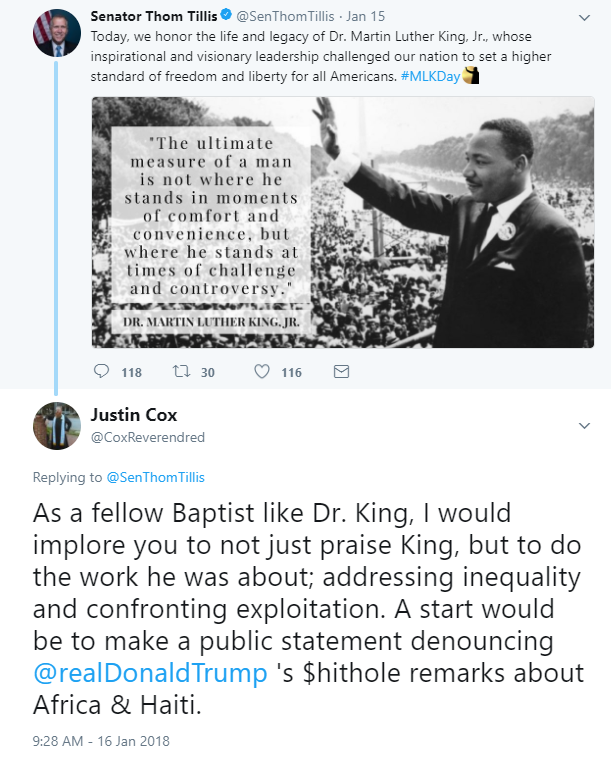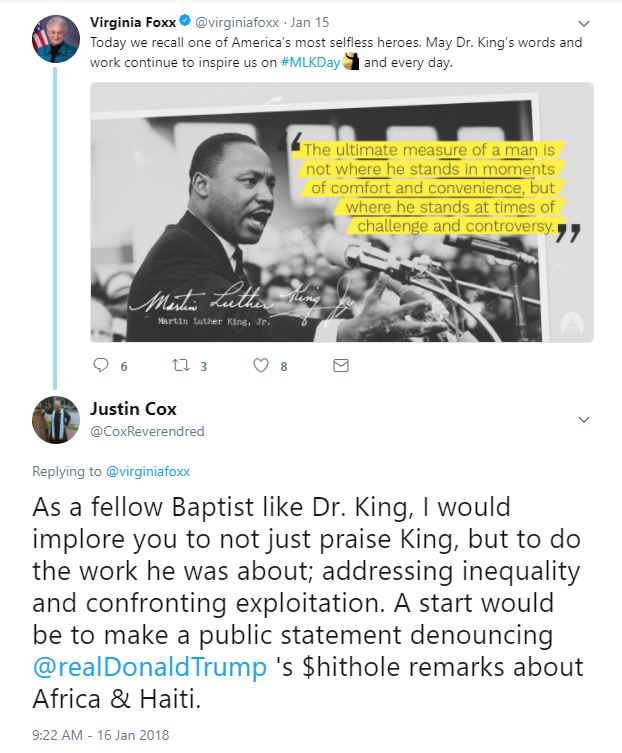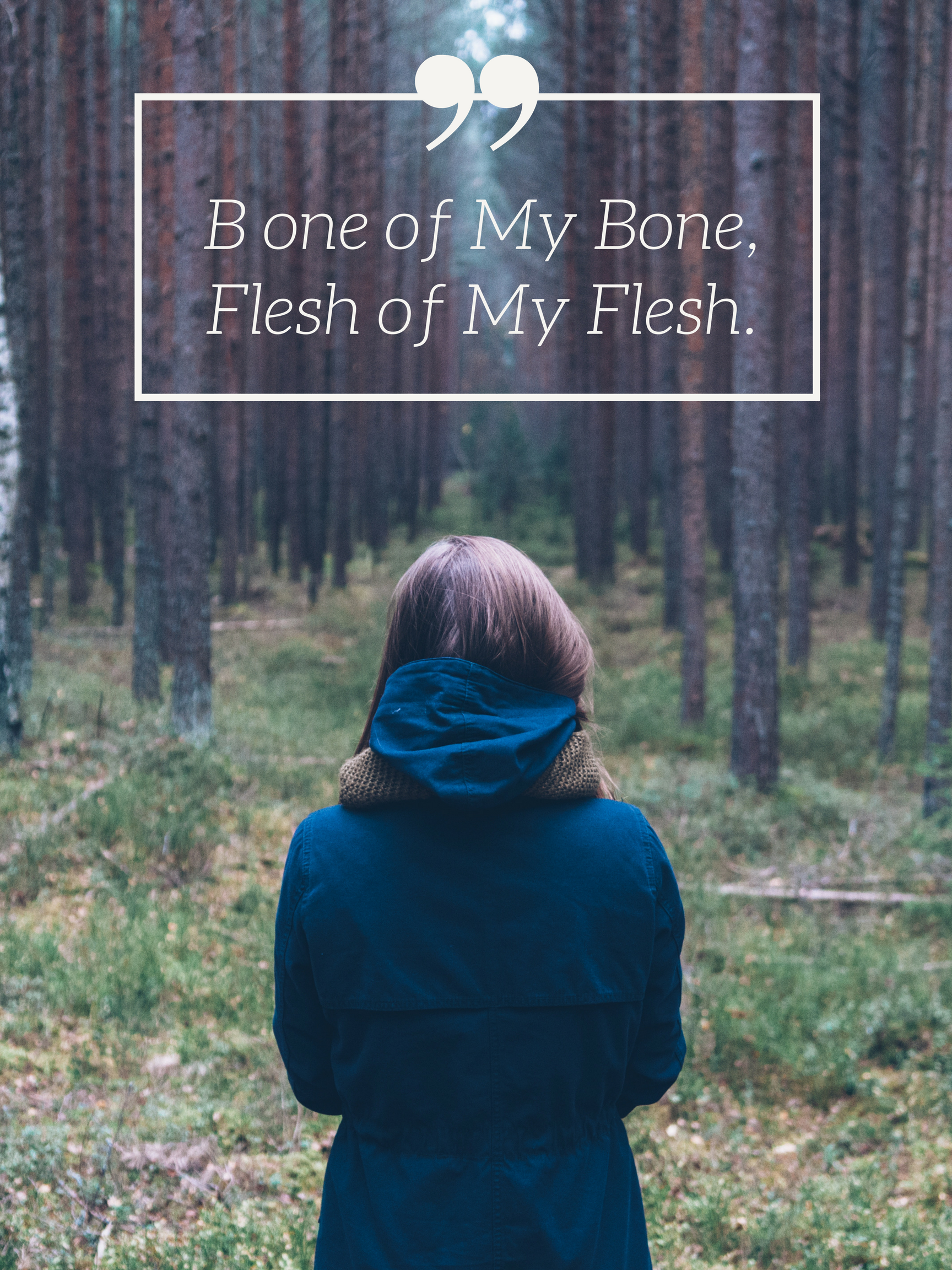A Reawakening
A Reconciling of Modern Baptist Faith in Regards to Anabaptist Teachings Concerning Oath Taking.
The division over Baptist origins is palpable. While several different starting points are often cited, the one with the most mythology has to be the Anabaptist connection. While Landmarkism offered the view of Baptist faith being present in apostolic times, a Protestant heresy dealing with secessionism if there ever was one, a more commonly accepted explanation comes from the English Separatist Movement. Here the account of John Smyth and Thomas Helwys as the original founders of the Baptist faith is laid out. The Anabaptist connection, while either directly or simply spiritual in essence, bestowed upon Baptists in the 16th and 17th centuries and extending through today, offered many different influences ranging from the practice of baptism, the stance on war, and the separation of church and state. While individually these distinctions offer insight, they are rooted in a common understanding of swearing fealty and oath taking. Post modern Baptists have dissociated themselves from this concept and have unfortunately missed out on a viable tenet which possesses both historical and contemporary significance in how their confessed faith is practiced. If a correlation is found, Baptists today would need to question their voice on issues of the separation of church and state and their devotion to certain political parties. These issues revolve around a single question; what or whom does one swear to?
Baptist Walter Shurden states in his work Not A Silent People that Baptists have always disagreed about their past to some degree, but recently have taken a laissez faire attitude toward their history and resorted to the phrase “let bygones be bygones.” However, Shurden is quick in not letting modern Baptists off the hook so easily. “That attitude is o.k., except for the impossibility of it. Bygones are not just bygones. Our bygones are not has-beens. They are still with us, helping and shortchanging us, damning and redeeming us, perverting and saving us.”[1] In Shurden’s opinion Baptists’ bygones are present whether they want to admit them or not. In other words, yes, the past is behind us, but only right behind us.
Scholars such as Winthrop Hudson rejected Anabaptist influence, citing that modern Baptists are the result of English Congregationalism which identifies them more with Calvinistic and Puritan understandings of the Christian faith.[2] Hudson believed a more accurate commonality existed between modern Baptists with those called Particular Baptists who in the early years of the Reformation accepted oath swearing and rejected pacifism. In contrast, William Estep was a supporter of Anabaptist influence and referenced similarities between Anabaptist sects like the Dutch Mennonites to the early General Baptist group. “They not only practiced believers’ baptism but also held religious liberty, separation of the church and state, and Arminian views of salvation, predestination and original sin.”[3] More still, both groups “objected to swearing oaths, preferred a threefold ministry, and held a peculiar Hofmanite Christology which said Christ did not take His human flesh from Mary.”[4] Baptists have longed practiced dissidence within their own faith communities, Hudson and Estep continue the ongoing legacy of Baptists who disagree, much like those who represented General and Particular Baptist groups. Yet, the key component is that these men, and early faith communities, pulled from what they felt was a common source at least up to a point. While one can still see the direct influence of Particular Baptists and their Calvinistic understanding in modern Reformed Baptist traditions, a dogma of thinking which has found its way into the modern Southern Baptist Convention, one wonders of the lasting connection with those who come from the General Baptist tradition and hold closer to Anabaptist practices.
Iconoclast Baptist preacher Will D. Campbell was fixated on a shared Anabaptist ancestry. In his fictional work, The Glad River, he tells the story of Mississippi Baptist Doops Momber who goes off to war and starts a close friendship with two other young men lasting a life time. Campbell’s character Doops has troubling thoughts about the act of baptism from an early age. His mother continues to pressure him about it before and after the war. Throughout the book Doops gives somewhat vague responses as to why he hasn’t been baptized nor saw it happening in his foreseeable future. It is only near the end of the book where Doops is sitting on the witness stand during a murder trial involving one of his close friends, Fordache, does he share with the reader his most clear answer as to why. During the scene, Doops is questioned about a fictional story he wrote while recovering from illness in an army hospital. Doops writes of a group of Christian believers living in Holland in the early 16th century. On the stand, Doops said he was inspired by a book entitled Martyrs Mirror which a pastor had given to him as a young boy. Doops's character is being questioned by the prosecuting attorney for not having been baptized. When Doops's counsel has the chance to cross examine his client the following conversation ensues;
‘What did the people you wrote about believe?” he said again. What made them different?’
‘They did not believe in baptizing infants. And because they did not believe in taking human life, would not go to war. They did not believe in the death penalty so they were not allowed to serve on juries. They believed the Church and the State should be completely separate. They would not swear, because they understood the scripture to forbid it. They led simple lives, did not engage in politics. And some of them, a few of them, practiced community of goods.’
‘And what exactly was that? ‘Community of goods’?’
‘They had a common treasury. Property and possessions were owned by the community, not the individuals. It was the only way they could survive in times of persecution.’
‘Mr. Momber, you admired the people you wrote about, didn’t you?’
‘Yes, sir. I still do.’
‘Do you know anybody like that today? Like they were?
‘No, sir. Not so far.’
‘And if you found someone like they were, would you ask them to baptize you?’
‘Yes, sir.’[5]
Campbell, through his character of Doops Momber, would suggest the kind of Baptist he was searching for was believed extinct. Campbell affirms his belief of an Anabaptist connection, seemingly suggesting the last fire warming this idea by modern observance had grown dim but had not completely been snuffed out.
With enough shared support of some relation, while debatable, between Anabaptist and modern Baptist, the issue comes to whether any modern Baptists still hold to Anabaptist tenets. The reason for the debate is linked to the lack of practice seen. How would one compare these differences? One of the earliest confessions expressing a standard set of beliefs is the Schleitheim Confession from 1527. The confession, attributed to a group of Anabaptist led by Michael Sattler, consisted of seven articles. The last of these dealt with oath taking.
Christ, who teaches the perfection of the Law, prohibits all swearing to His [followers], whether true or false, - neither by heaven, nor by the earth, nor by Jerusalem, nor by our head, - and that for the reason which He shortly gives, For you are not able to make one hair white or black. So you see it is for this reason that all swearing is forbidden: we cannot fulfill that wich we promise when we swear, for we cannot change [even] the very least thing on us.[6]
The gravity of oath taking affected many of the other six articles, such as the community's shared beliefs around non-violence and the self imposed separation from the evils of the world. “To us then the command of the Lord is clear when He calls upon us to be separate from the evil and thus He will be our God and we shall be His sons and daughters.”[7] This form of separation from the world would include refraining from holding governmental positions of power, specifically that of a magistrate. Failure to uphold these beliefs would result in “the ban” a form of excommunication.
To ban members along with the imposed removal of oneself from society is extreme. Special attention and reflection are meant to be given to those like the Amish who have separated themselves from the cultural norms and worldly ways. While not openly observed, most modern Baptists could practice such beliefs if they so desired. Of all the differences between Baptists, all would agree upon the virtue of freedom. For most Baptists, these freedoms are often referred to as “fragile” since they are loosely held with determination and are not to be confused with any sort of creed. Bible, Soul, Church, and Religious freedom grant Baptists today with the autonomous ability to decide for themselves what they emphasize in their faith.
For those observing Baptist life today in the 21st century, one would think swearing allegiance to a cause or country was required, and this thought could be supported and traced back to Particular Baptist roots. Where are the descendents of the General Baptists with their “fragile” affiliation to Anabaptists?
The customary Anabaptist objection to the oath was based on a literal interpretation of Christ’s injunction against swearing. However, it also had reference to the qualitative aspects of the Christian witness. For the Christian, Anabaptist believed the oath was unnecessary because the Anabaptist was always under the obligation to tell the truth. It was impossible because no one had the power over all circumstances in this life to order them subject to his own will, which an oath in their eyes implied.[8]
To swear loyalty to a governing body would be to suggest the powers of said body had influence over those of individual mandates determined by God. The separation which both Anabaptist and early Baptists would come to be defined by would imply ruling persons or institutions possessed the right to interfere with the relationship between the individual and God. In the same manner, Anabaptists did not see themselves as re-baptizers since they saw their infant baptism as invalid, so to swear or take an oath meant that additional acknowledgments had to be made which essentially made being a Christian insufficient when it came to the matters of giving testimony. The reasons these affiliations are “fragile” are because no modern Baptist proclaim this freedom, and freedom needs to be expressed in order to be recognized. There lies an individual component to the Baptist identity; the ability for a person to express their faith in the means they hold to be sacred. And this revelation is not meant for just those professing the Baptist faith! What makes the Baptist tenet of expressing their religious freedom so unique is the desire fo others to experience the same freedom, be they Christians or not.
Modern Baptists in the West exist in a time and place very different than their spiritual ancestors. Those who were once persecuted have now become the majority. The United States claims that just over 70% of their citizens are Christians[9], and of that amount over 15 million are Southern Baptist[10] (the largest Protestant denomination in the U.S.). Along with other groups like the American and National Baptists, the once small and underground movement has now becoming a formidable juggernaut with considerable influence. During the 1980’s the term Moral Majority was coined by Baptist minister Jerry Falwell. Falwell performed a number of large rallies under the banner “I Love America.” Falwell and others fundamentalists, who would be designated as the New Religious Right, would ask those who shared similar views to rally around their country and swear an unwavering loyalty to the state. James Dunn would speak to this by saying, “The same revisionist working for present fundamentalist leadership of the nation’s largest Baptist body (SBC) have trouble coming to terms with Baptist heritage.”[11] This heritage Dunn refers to flows from the same source which produced Michael Sattler and Conrad Grebel. The loss of this relationship has left modern Baptists with a one-sided story.
For Modern Baptists to swear allegiance goes against the very nature of a people who claim to be anti-creedal. With a creed representing a set of core beliefs, the freedom to hold to those beliefs is where Baptists have been, at their best, advocates for a right intended for all. A distinction should be pointed out between the difference of swearing an oath and confession of one’s faith.
Despite varieties of length, authorship, and content, all the early confessions were just that: confessions. Early Baptist never elevated their confessions to the status of creeds. Twentieth-century usage makes less difference between confession and creeds, but the differences were both real and important to early Baptist. A confession affirms what a group of Baptist, large of small, believes at any given time and place; a creed prescribes what members must believe. Confessions include; creeds exclude.[12]
Nationalism is creedal in the way it excludes those who are not part of whatever country is demanding loyalty. Early Baptists understood the state within itself as not being solely evil or opposed to God, but the power and principalities which the state could create by means of its people could begin to oppose God and thus cause persons to inflict harm on one another. The state was ordained by God to carry out certain functions, such as to oversee the punishment of criminals and to help establish order in a chaotic world. Offices, such as magistrate, were formed to uphold these laws. Yet, the state had no jurisdiction over the right of how an individual practiced their religion. This indicates the state could not enforce or coerce a person to do so, which makes sense, because a person is not enforced or coerced by God. “This position was derived from the Anabaptist conviction that faith cannot be coerced.”[13] A direct time can be seen here in this Anabaptist understanding and modern Baptists who believe in Soul Freedom. Soul Freedom implies that no one should be forced to believe a certain way concerning religion, and this shared belief of a coercion free faith is what supports the Baptist idea of a voluntary conversion as being on par with a sacramental experience. “To try and make someone believe what they honestly don’t believe exploits both the individual and the biblical meaning of faith.[14]
This is not to say that all Anabaptists or Early General Baptists were Christian anarchists. In the case of General Baptists, most would affirm their loyalty to the crown, but would refuse to take the following step of reciting an oath. Even with their admitted support, the lack of a given oath cost them dearly as they suffered different forms of harassment and persecution. This caused some General Baptists by the late 17th century to change their views and become more open to oaths, accepting them as worldly authorities which still allowed the separation between church and state on some level. Even with this alteration, most General Baptists of the time would not allow their members to serve as magistrates. The apparent disdain for the office of magistrate might have been the result of the martyrdom of Michael Sattler who professed to the officials charging him with heresy that they had judged him falsely since he and his fellow Anabaptists had done nothing to challenge the local authorities. It was clearly believed magistrates had acted out of their role towards Sattler and others, and both Anabaptists and early Baptists held the memory of his trial as being an abuse of power acted out by the state. During his trial Sattler also made the distinction of recognizing and affirming the power of the magistrate in state concerns, but disregarded their authority when it came to anything dealing with spiritual matters. As James Dunn once said, “Believing in the separation of church and state doesn’t make one a Baptist. But it is hard to believe that one could be a Baptist and not cling tenaciously to that baptistic doctrine.”[15]
One of the norms of Christian theology is the lived experience of the individual. To acknowledge the connection between early Baptists and Anabaptists means those who claim this inheritance must live into the call it presents before them. The lived experience is justified in Baptist life by freedoms previously discussed in this article; Bible, Church, Soul, and Religious Freedom. These allow Baptists to be nonconforming on the matters of oaths and on the subject of creeds. While creeds point to how a people or generation understood their faith they are in essence exhaustive. They represent the intentions of a time, and while granting insight, should encourage those of faith to search for new meaning. Not swearing towards comprehensive list of what being a Baptist looks like is exactly the point and beauty of being a Baptist. Meaning, one can claim Anabaptist influence and ancestry if desired. William Powell Tuck says it this way, “As Baptists, we affirm no theological statement is ever final or complete. No one person or group of persons can formulate our theology for us and say that this is what we have to believe. Our forefathers and mothers have fought and died for this tradition.”[16] This goes for the past as well, no one group gets full credit for what modern Baptists are today. The shared characteristics of the Anabaptists should be embraced and be weaved into the Baptist story of faith and appreciated for all the diversity it brings. Many voices comprise a chorus. Modern Baptists would do well to remember the compelling voices of their Anabaptist forbearers.
[1] Shurden, Walter B. Not a Silent People: Controversies that have shaped Southern Baptists. (Macon, GA: Smyth & Helwys Pub., 1995), 9
[2] MacBeth, H. Leon. The Baptist Heritage. (Nashville, TN: Broadman Press, 1987), 51
[3] Ibid., 53
[4] Ibid., 53
[5] Campbell, Will D. The Glad River. (New York, NY: Holt, Rinehart and Winston, 1982), 245
[6] The Schleitheim Confession, 1527
[7] Ibid.
[8] Estep, William R. The Anabaptist story: an introduction to sixteenth-century Anabaptism. (Grand Rapids (Mich.): Eerdmans, 1996), 261
[9] Wormald, Benjamin. "Religious Landscape Study." Pew Research Center's Religion & Public Life Project. May 11, 2015. Accessed December 14, 2017. http://www.pewforum.org/religious-landscape-study/.
[10] "Southern Baptist Convention." Southern Baptist Convention > Fast Facts About the SBC. Accessed December 18, 2017. http://www.sbc.net/BecomingSouthernBaptist/FastFacts.asp.
[11] Cothen, Grady C., and James M. Dunn. Soul Freedom: Baptist Battle Cry. (Macon, GA: Smyth & Helwys, 2000), 43 Parentheses mine
[12] MacBeth, H. Leon. The Baptist Heritage. (Nashville, TN: Broadman Press, 1987), 66-67
[13] Estep, William R. The Anabaptist story: an introduction to sixteenth-century Anabaptism. (Grand Rapids (Mich.): Eerdmans, 1996), 263
[14] Shurden, Walter B. The Baptist Identity: Four Fragile Freedoms. (Macon, GA: Smyth & Helwys Pub., 1993), 27
[15] Cothen, Grady C., and James M. Dunn. Soul Freedom: Baptist Battle Cry. (Macon, GA: Smyth & Helwys, 2000), 46
[16] Tuck, William Powell. Our Baptist Tradition. (Macon, GA: Smyth & Helwys Pub., 1993), 19


